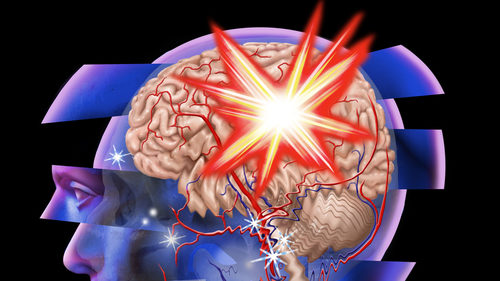When people think of spirituality or spiritual issues, they often think of things dealing with some sort of ethereal realm. In truth, however, human beings are physical, psychological, emotional and spiritualbeings. That means we wrestle with complicated moralissues regardless of what we think in terms of an afterlife or any type of force or power that may have any influence over our lives. Therefore, outside of any religious beliefs, spirituality does, in fact, play a strong role in recovery.
- In recovery, spirituality does not mean what it does in most religious settings
Addiction is almost always driven by some type of trauma or abuse. What addicts need to recover from is not the addiction, but the underlying damage that drives the addiction. In some cases, it may have occurred in a church or religious setting. Some individuals struggle with a belief that some type of Supreme Being is somehow angry with them or out to get them. At it’s most basic root, addiction is an attempt to deal with some type of deep pain. In some cases that pain may actually be physical, but more often than not it is psychological, emotional or spiritual pain.
- Physical pain is rarely the cause of addiction
When it comes to treating the physical body, we have a well-developed system for hunting out and treating any kind of trauma. We have scans that can tell if you have a broken bone and a range of treatments to deal with it. In addition, there is no shame in going to a doctor because you are in pain because you have a broken bone. There are no scans for a broken heart, however, and while a child can tell a parent their stomach hurts or they fell and hurt their arm, hurt feelings are often brushed aside as being inconsequential or immaterial. In truth, emotional wounds caused in early childhood can actually cause legitimate damage and have life-long consequences.
- Trauma is trauma, and all trauma causes pain
If a child falls and hurts their head, it is called a trauma and they are generally rushed in to a hospital for appropriate testing and follow-up care. But if a child experiencesa trauma, it is simply assumed that they will naturally heal and recover on their own without any type of care. In truth, mental and emotional trauma can be just as damaging as physical trauma and the long-term consequences just as severe. If a child breaks their arm, we know that the bone must be set properly in order to heal properly. The same is actually true of emotional and psychological damage, but children rarely receive the same treatment and care, let alone adults.
Whenever there is psychological or emotional damage, there is generally spiritual damage as well. The “spirit” is that part of us that is uniquely us, what psychology might refer to as the ego or id. It is more than simply our intellect, it is the thing that animates us and makes one biological twin completely and wholly different from the other. Psychological, emotional or even physical trauma or abuse quite naturally damages that part of ourselves as well. For addiction therapies to have any success, those traumas must be addressed.



